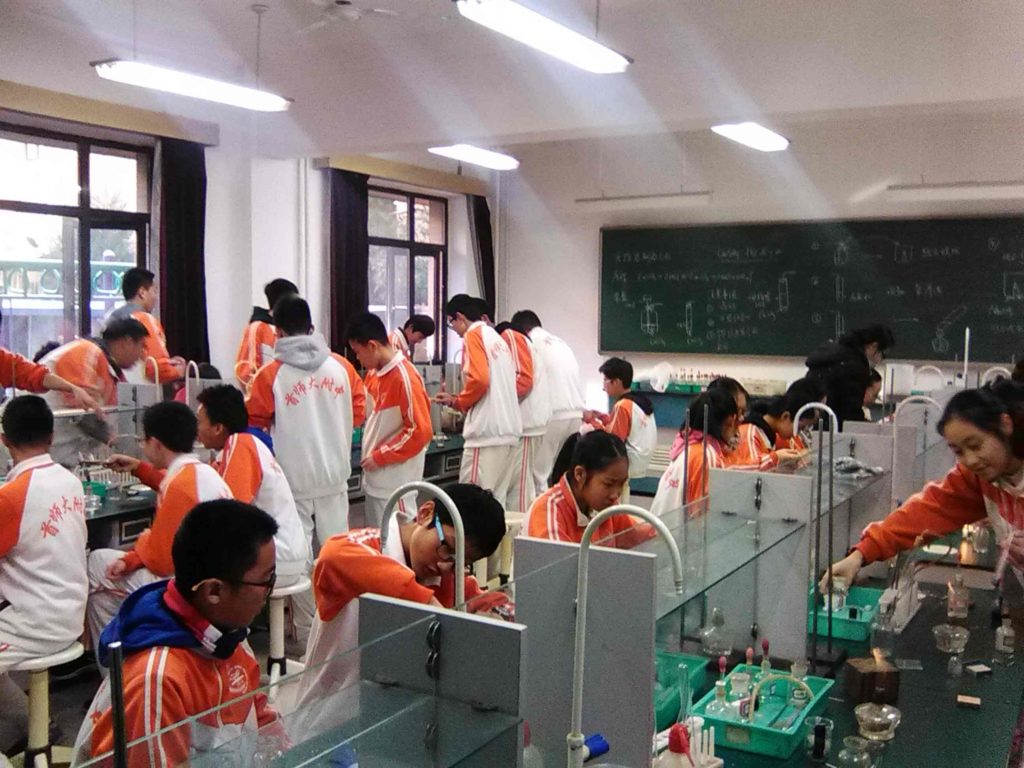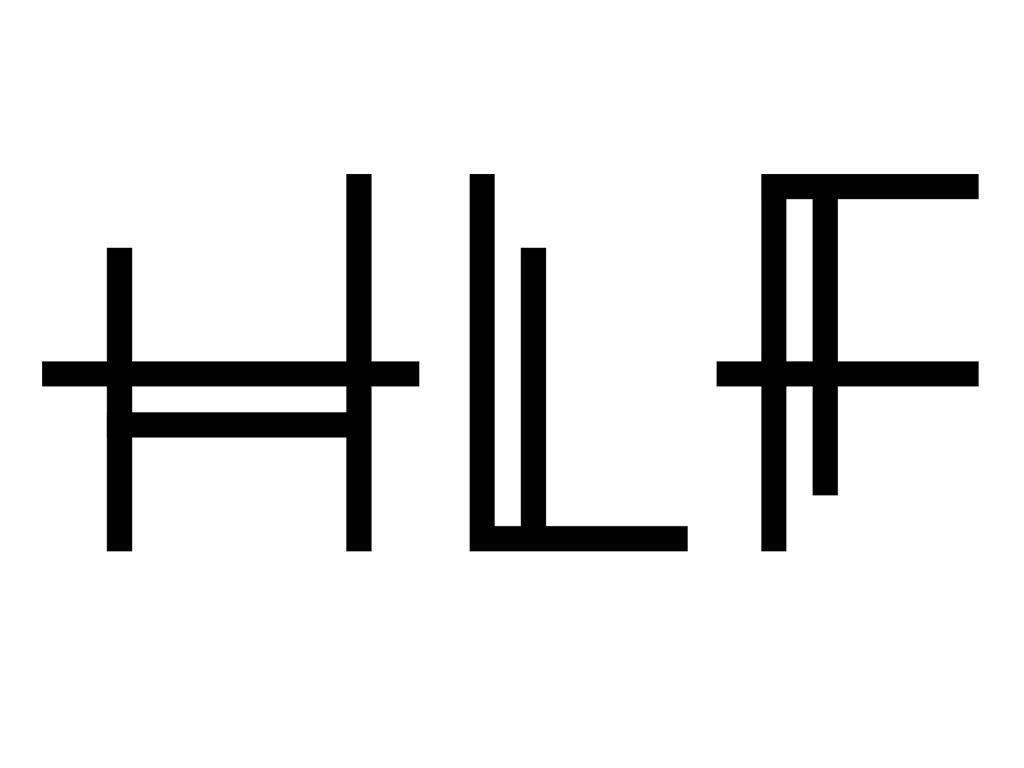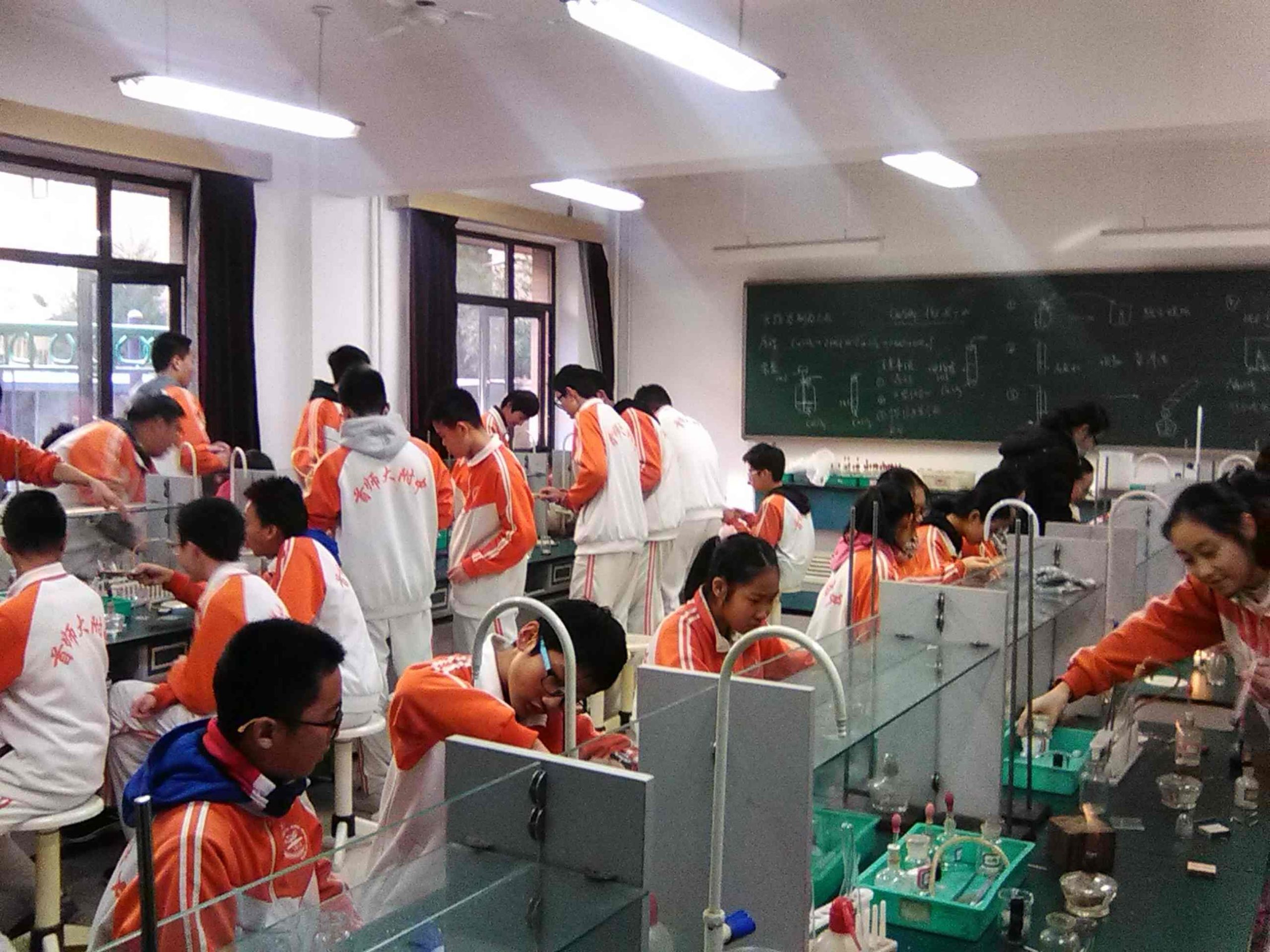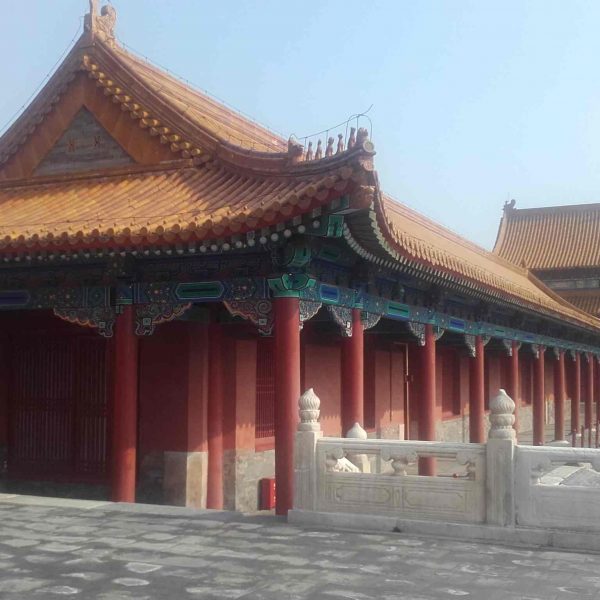The capital of China is Beijing which means Northern Capital (bei-jing) and has been in contrast to Southern Capital (nan-jing) or Nanjing. The first humans have lived here from 700 000 to 200 000 years ago and this human type is known as Peking man (Homo erectus pekinesis). On the site of Zhoukoudian near Beijing were found around 40 human remains and this location is founding point of human settlement in the Beijing region. During the time, Beijing has changed its importance up to the 15th century and the dynasty of Ming when becomes imperial capital.

The Chinese education system
I have been writing this short paper in my student room at Capital Normal University in Beijing. This unusual name of the university was started in 1954 and my journey in China has been since 2017. It is obvious that “capital” is related to the capital city of Beijing, owner of the university, but why “normal”? It is not related to psychological terms and being normal; instead, it means: teachers university and my place have been organized as a special university for teachers and developed as powerful school with different academic disciplines in sciences, technology, social sciences and humanities and over 2500 international students.
In Chinese tradition, education has been an important part of life. One of the most famous Chinese is Confucius, philosopher and teacher. Started from the Han dynasty, education, knowledge, skills and talents have been entrance for state bureaucracy and hard exams known as keju (科舉) were prepared. These exams were a chance for the lower class to change their social position and plenty of pupils around China tried to have excellent results and become part of the imperial system. This kind of state exam was almost two millennia and abandoned in 1905. Even today, the key date for Chinese youngers is the beginning of June when is National Higher Education Entrance Examination or gaokao (高考). It has been one of the hardest exams in the world. Results from exam could shape your life and future because your future university accepts these results (except Chinese universities, non-Chinese universities such as Cambridge, Toronto, Sydney and many others also accept result). The main subjects are Chinese language, English or some other foreign language, mathematics and elective subject from sciences (biology, chemistry, physics) or humanities (geography, history, political science).
Education has been valuable on three levels. The first is tradition and knowledge/education has been part of Chinese traditions because philosophers and educators have been role models for ideal behavior. The second is a concept of interdependent personality and identity which have been valued as part of larger groups such as family or society itself. This means that students are aware of their family, ancestors and tradition and sometimes they consider education as a process of multiple learning for themselves, their parents and ancestors and country. The third element is vertical social improvement and education is a ticket for increasing social position which has affect their job, salary, living conditions, living place and city.
Teaching in China
Being a teacher — laoshi (老师) has been valuable work in China. My personal experience as a part-time Croatian language instructor at my university show some interesting details. Although I have been a Ph.D. student, which means similar or identical level as my colleagues who took elementary Croatian language, their behavior was different. At the beginning of the class, they will stand up as a kind of greeting and at the end of class, the students will sit and wait until I finished my lecture. Also, they prepared small gifts such as fruits or snacks and a glass of hot water for me. I have not problems with discipline, students who are avoiding classes and giving excuses for their homework is not done. My students were diligent and responsible. The first word is the most powerful praise and instead of praising your talents or intelligence, Chinese teachers will say about your hard-working and work ethic. Simplified, it is better that you work hard than have skills.
If a teacher says something negative about his/her students, they will lose their face which means they fail and become ashamed. Also, losing face is losing the honor, confidence and trust of someone. This element is an issue for students and person and they will try to do everything to avoid it.
Another aspect of teaching and teacher are concepts of face/mianzi (面子) and losing your face/diulian (丢脸). In Chinese and Asian tradition, the concept of the face could be matched with Western ideas of honor, prestige and shame. If a teacher says something negative about his/her students, they will lose their face which means they fail and become ashamed. Also, losing face is losing the honor, confidence and trust of someone. This element is an issue for students and person and they will try to do everything to avoid it.
Except for these concepts of education as part of tradition and life, there were practical elements of educations for contemporary China. The economic growth of China has been based on technology, science and development with powerful brands of Huawei, Xiaomi, Lenovo or producing vaccines against corona. This part is a reason for increasing funds in the Chinese education system and schools. The schools have good equipment particularly from Beijing with a combination of Chinese and foreign teachers (particularly for foreign languages and science subjects). Universities in China have primary (1–6 years of school), junior (7–9 years of school) and high (10–12 years of school) schools as part of them. Our CNU (Capital Normal University) schools have Chinese and English programs. I have visited secondary, junior school and some remarks are fascinating. The school halls are white with pictures related to special school subjects and time chronology with images of the most important persons, inventors, things and archaeological or historical events and elements.
Students have school dress/uniforms and every school has a different color. The day begins at 7:30 AM and finishes at 12:00 when it is lunchtime up to 2:00 PM. During a break, students have time to rest, eat, walk, chat with each other. The afternoon class started from 2:00 to 4:00 or 4:30 PM. The class has a duration of 40 minutes. Pupils have been smiling and look happy although they work very hard and intensive.
The journey from Peking man to Beijing human has been continued and the most important element for this success are people – hardworking, responsible, clever within appropriate system. Education has been the most important element for traditional, ancient and contemporary China.
Forfatter(e)
Goran Đurđević (Djurdjevich) is a Croatian archaeologist and (environmental) historian who is Ph.D. candidate of Archaeology at Capital Normal University (CNU) in Beijing.



